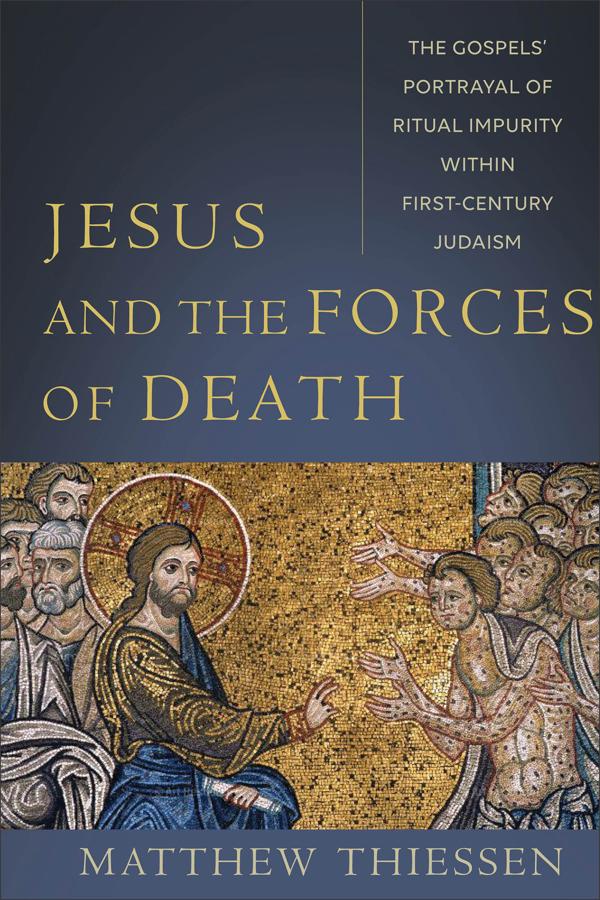Award Winner
Jesus and the Forces of Death
$35.00
Unit price
/
Unavailable
Shipping calculated at checkout.
Couldn't load pickup availability
Jesus and the Forces of Death


